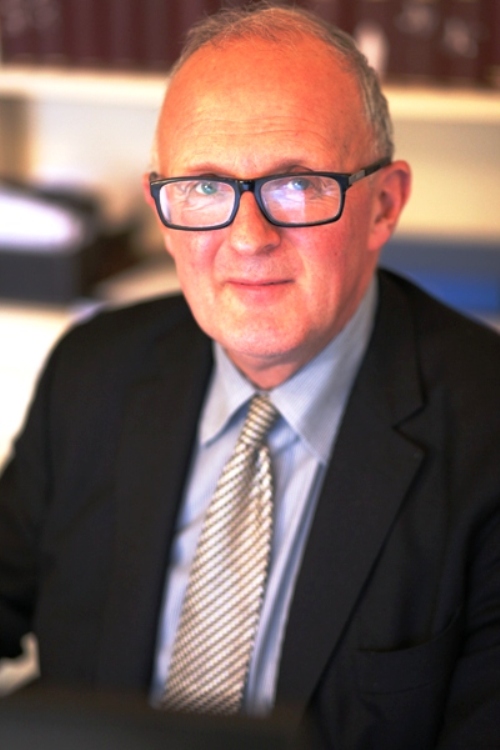 Coronavirus:
Coronavirus:
Oxford is eerily quiet as I write. There are none of the usual tour parties in Radcliffe Square which is normally packed with tourists. There are fewer and fewer students in College as time goes on; we have 49 left in College. The Libraries are closed. We are providing basic meal service for those who remain, normally international students who cannot get home or students who really have no home. A few students are self isolating. Everyone is eyeing each other up so as not to get too close (but on the other hand folk are saying hello to each other and looking out for each other more than is the norm).
Many of the shops are closed or empty (and restaurants and pubs have been forcibly shut). The stress for our students is intense; can they go home? Will they have to still prepare for the exams? How will the exams happen? Should they self isolate? Do the older generation know what they are doing? Is it fair they are the years who are having part of their wonderful time here taken away from them?
Our staff have been fantastic, pulling together for the good of the students who remain. They rightly avoid public transport and come in by car or bike. They show terrific spirit in the midst of adversity.
There are anxious meetings for the officers; each day at 9am either our 12-member College Core Response Group meets (remotely of course) or the inner group of managers meet. We eschew the silver and bronze titles used elsewhere. We take advice from our Medical Tutors. We communicate with everyone in College every day at 3pm. We liaise with the Central University. Heads of House discuss what it is like in their Colleges. We consult JCR and HCR. We are all getting used to Microsoft Teams as the way of communicating. We get fit through the web.
This is all for something we did not know existed about until a few weeks ago.
One excellent piece of news in the gloom however is that Prof Kontantin Ardakov one of our Fellows in Mathematics has received the prestigious Adams Prize for Algebra for 2020 granted by St Johns College Cambridge. The Prize is named after the mathematician John Couch Adams. It commemorates Adams's role in the discovery of the planet Neptune, through calculation of the discrepancies in the orbit of Uranus. One of the previous recipients was Stephen Hawking.
